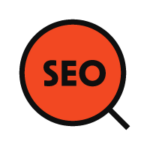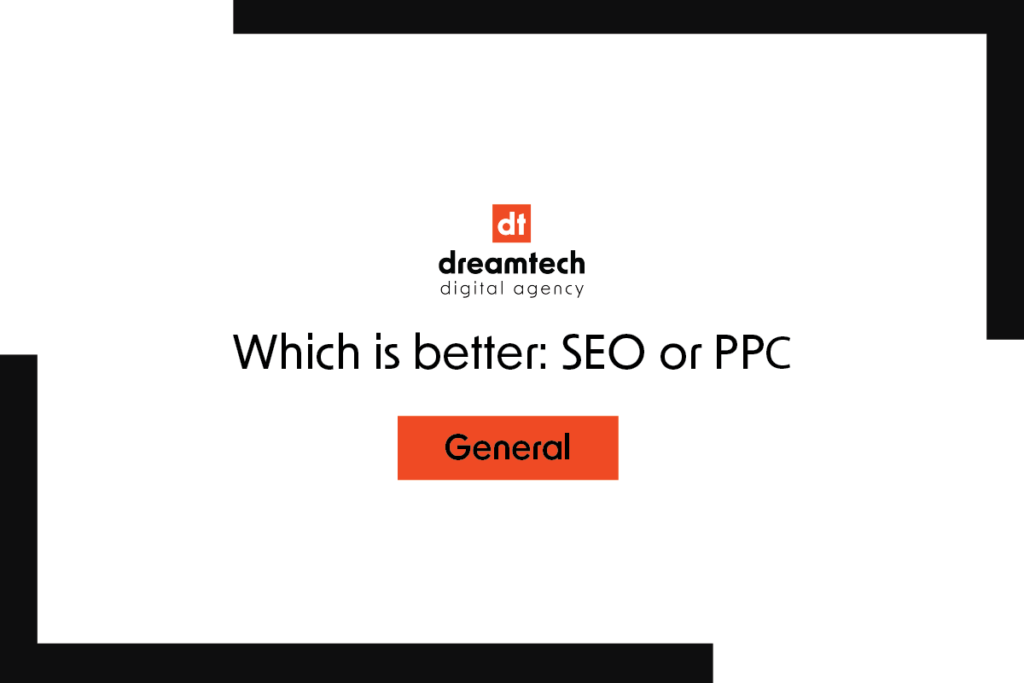Search engine optimization (SEO) and pay-per-click advertising (PPC) are two of the most popular digital marketing strategies for businesses looking to increase their online visibility and attract more customers. Both SEO and PPC have unique advantages and disadvantages, and the choice between them ultimately depends on the specific goals and resources of a business.
In this blog post, we will compare and contrast SEO and PPC, highlighting the pros and cons of each and providing examples of when each strategy might be more appropriate.
We will also discuss the importance of keyword research and targeting, analyze the return on investment (ROI) of SEO and PPC, and provide tips and best practices for implementing SEO or PPC campaigns. Finally, we will discuss why working with a digital agency like Dreamtech Digital Agency can be beneficial for your SEO or PPC efforts.
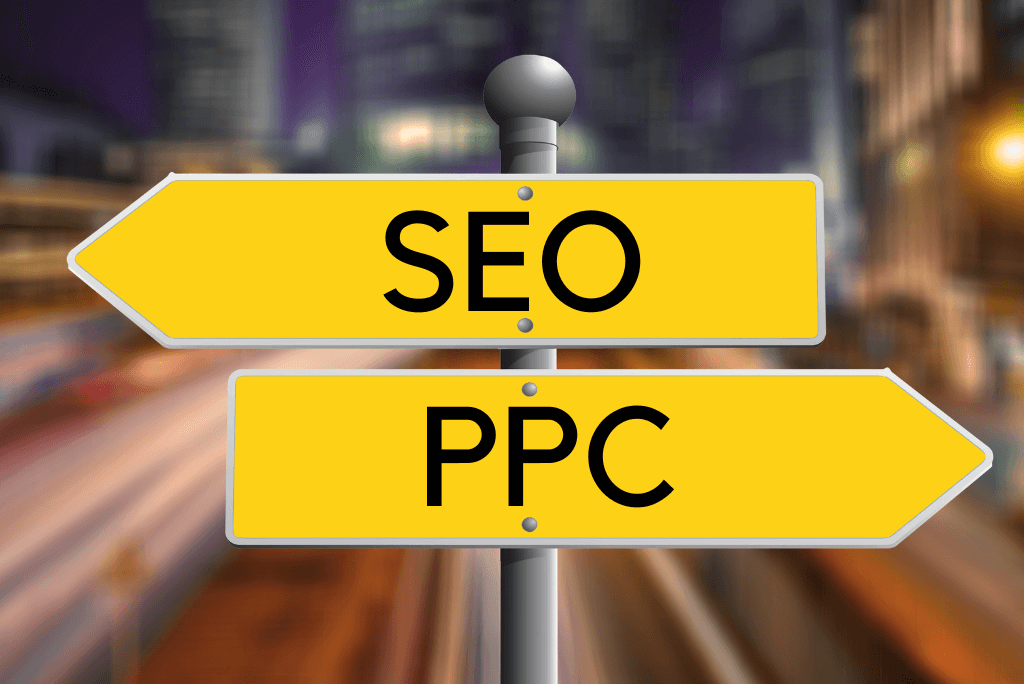
Definition and Explanation of SEO and PPC
Search Engine Optimization
SEO refers to the process of improving the visibility of a website or a web page in a search engine’s organic results. You can achieve it through various techniques such as keyword research, on-page optimization, and backlink building.
The goal of SEO is to increase the quantity and quality of organic traffic to a website, which can lead to more leads and sales. SEO is a long-term strategy that can take several months or even years to see significant results.
If you want to learn more about Search Engine Optimization, you can read our blog post about it.
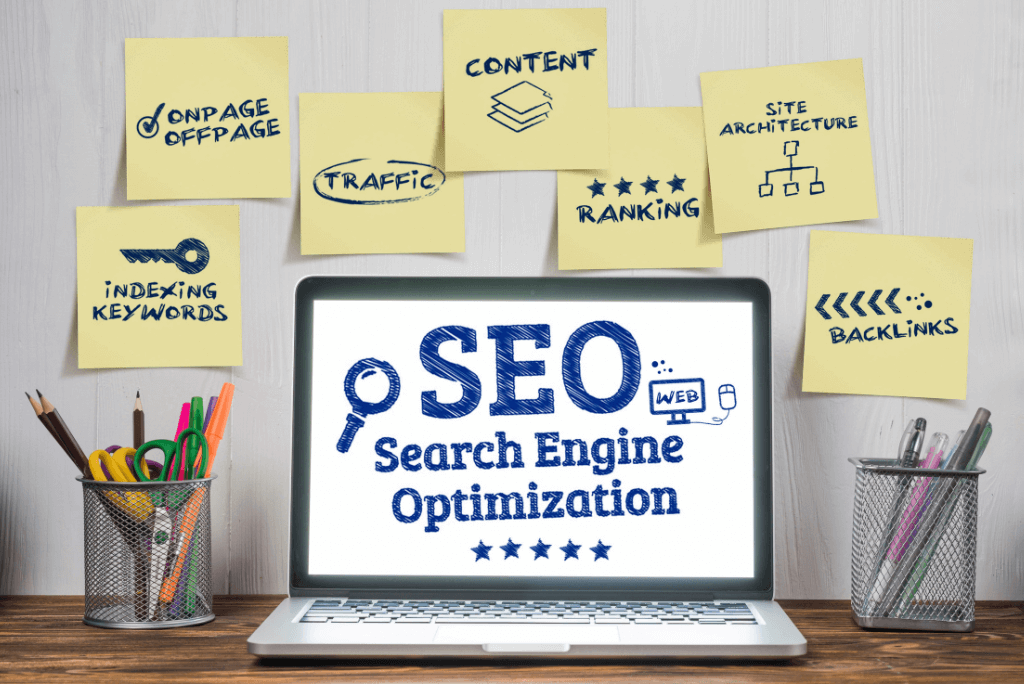
Pay-Per-Click
PPC is a form of search engine advertising where businesses pay to have their ads appear at the top of search engine results pages (SERPs) for specific keywords. The most popular platform for PPC advertising is Google Ads, which allows businesses to create and manage their ads and bid on keywords.
The goal of PPC is to drive immediate traffic to a website and generate leads or sales. PPC is a short-term strategy that can provide results within a matter of days or weeks.
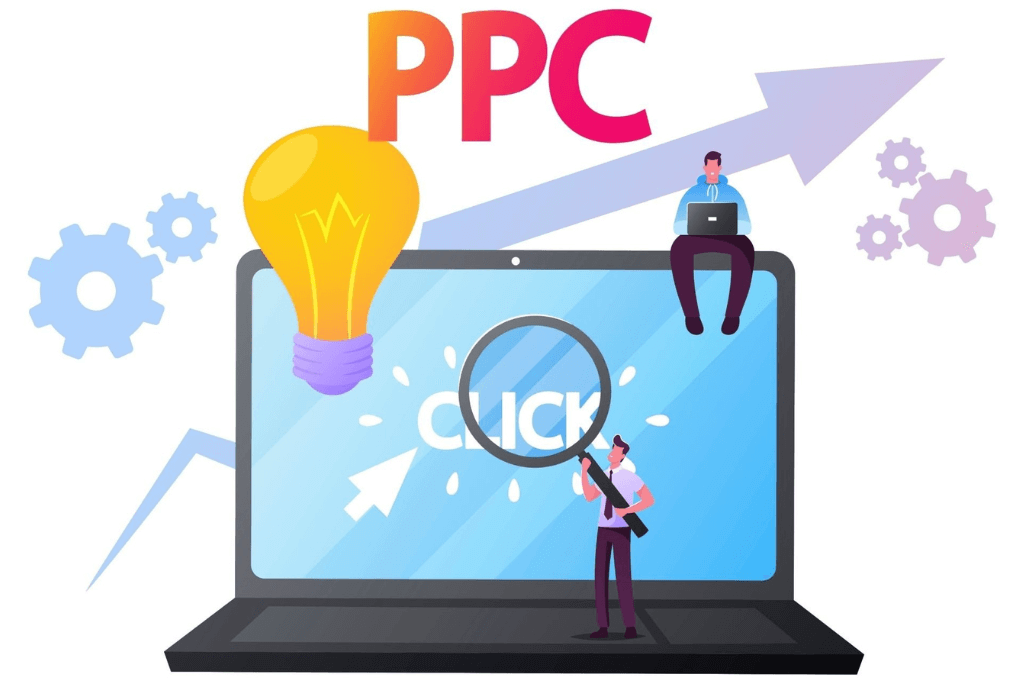
Comparison of Pros and Cons
Both SEO and PPC have distinct advantages and disadvantages.
Some of the pros of SEO include:
- SEO can lead to a significant increase in organic traffic to a website, which can lead to more leads and sales.
- SEO is a long-term strategy that can provide consistent results over time. Your traffic will expand over time if you produce quality content that deserves to rank for the right keywords, while advertising needs ongoing funding to get traffic to your site.
- SEO is a cost-effective strategy compared to PPC, as it does not require any ad spend. The labor costs of setting up and maintaining a Pay-Per-Click campaign are typically the same as, if not higher than, the labor costs of SEO. The distinction is that for PPC campaigns, there are ongoing click costs.
- When you invest in SEO services for your website, you directly improve its visibility and efficiency. So, no matter what happens tomorrow, you can count on that visibility to help your business grow and prosper if it is reliable.
- Search engine rankings are relatively consistent, while PPC ad positions fluctuate based on the rivals’ bidding strategies. And if you have to take a month off from your site, a well-optimized site with good link authority and great content will maintain its search engine ranking.
Some of the cons of SEO include:
- The most significant disadvantage of natural SEO is that it takes a long time to produce significant effects. The type of economic success that most businesses desire does not occur naturally in a few days through organic SEO unless you are lucky enough to go viral somewhere on social media.
- It takes time, particularly if you decide to do it yourself. You can either buy tools or hire someone to do it for you. Hiring a digital agency saves you time and allows you to focus entirely on company strategy and growth. If you want to learn more about digital agencies and why you should hire one, read our blog post.
- It necessitates original and trustworthy content. It requires content-rich, frequently updated websites. This is the only way to remind search engines that your website is important and remind search engines to put your site at the top of that list.
Search Engine Optimization is an ongoing process. Your platform will never be fully “optimized,” but it will get more so if you bring more effort into it.
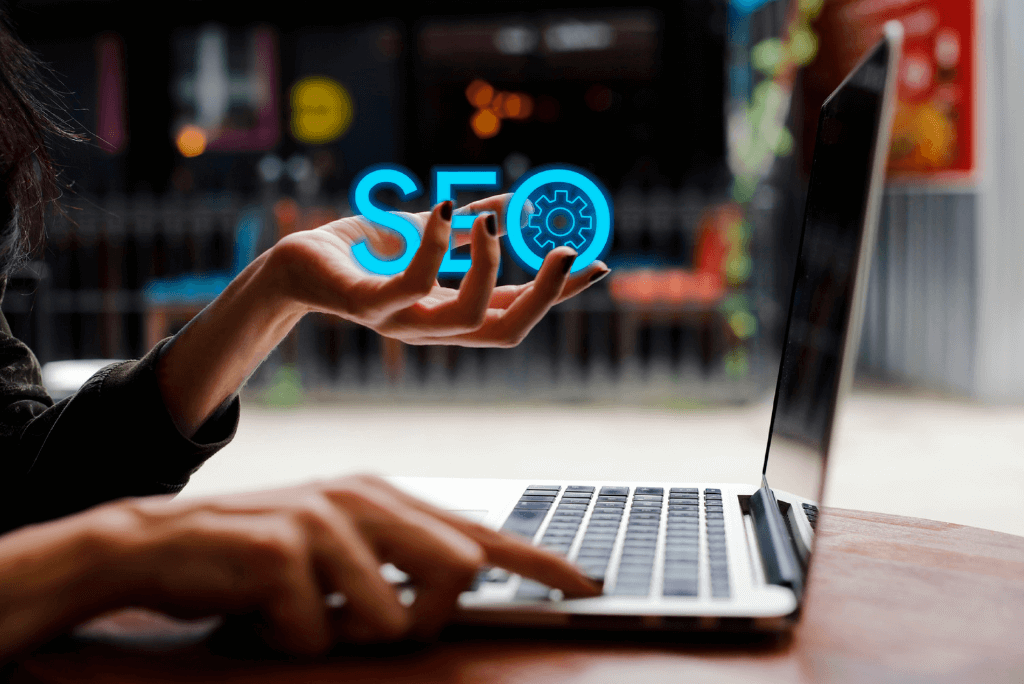
Some of the pros of PPC include:
- You can have to wait days, weeks, or even months for SEO to work. It is much faster for PPC. You can immediately launch a campaign on every ad channel. When your campaign begins, you will see an increase in traffic, clicks, and conversions.
- Unlike SEO, Pay-Per-Click advertising enables you to target your prospects based on statistical information. Many PPC services allow you to advertise to people based on their age, gender, income level, education level, etc. As a result, it is a powerful tool for targeting the specific group of people your company requires and directing them to your website.
- It is flexible and manageable; you create your budget and have a good estimate of how many leads you’ll get. This aids you in determining a realistic digital marketing budget.
- Exposure is the quickest way to develop a brand, and PPC can help you achieve the highest level of recognition and visibility. Pay-Per-Click campaigns allow you to reach your users directly, through targeted keywords taken from search engine results, instead of relying on keywords to hope people find your content organically.
Some of the cons of PPC include:
- To get good results, you must pay, and the more you pay, the higher the results. Keyword competition has never been more intense. If you are in a competitive industry, it will quickly become prohibitively expensive. It may mean that you will have to pay extra in the future for the same outcomes.
- If you run advertisements but have low-quality content, it can be completely ineffective. To be competitive, you will need a lot of proper planning and preparation, so make sure you can handle a large number of new customers before you pay for any clicks.
- It takes a long time to research and choose appropriate keywords to bid on. Handling your keyword expenses, calculating returns, and changing your budget is a full-time task. Either you will have to waste time doing it yourself or hire an experienced specialist to manage your campaigns professionally.
- When you turn off PPC, it stops generating leads for you. Can you live with the leads you are receiving naturally if you have to redirect your Pay-Per-Click budget to something else? On the other hand, SEO is a long-term strategy that never ends.
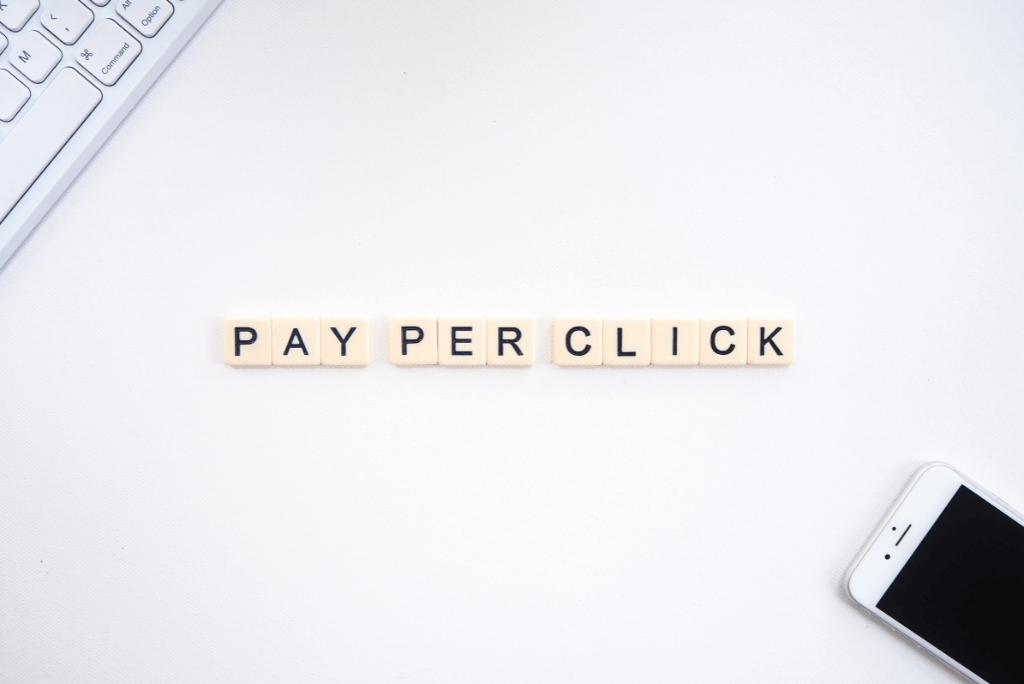
Examples of When SEO or PPC Might be More Appropriate
SEO is generally more appropriate for businesses looking to increase their online visibility over the long term with a limited budget. For example, a small local business that wants to increase its visibility in search results for relevant keywords within a specific geographic area may benefit more from SEO. SEO allows them to target specific keywords and demographics at a relatively lower cost compared to PPC.
On the other hand, PPC may be more appropriate for businesses looking for immediate results, having a high budget, and being in a highly competitive industry. For example, a large e-commerce business that wants to increase sales during the holiday season may benefit more from PPC. It is because PPC allows them to target specific keywords, demographics, and timing and see results within a short period of time.

Discussion of the Importance of Keyword Research and Targeting
Regardless of whether a business chooses to implement SEO or PPC, keyword research and targeting are crucial to both strategies. Keyword research is the process of identifying the keywords and phrases potential customers are searching for about your products or services.
By targeting the right keywords, businesses can increase their chances of appearing in the top search results for those keywords, which can lead to more website traffic, leads, and sales.
When it comes to SEO, targeting the right keywords is crucial to achieving high rankings in search engine results. It is because search engines use keywords to determine the relevance of a website or webpage to a specific search query. By including relevant keywords in the content, meta tags, and other elements of a website, businesses can improve their visibility in search results for those keywords.
PPC requires a different approach to keyword research and targeting. Instead of focusing on ranking for specific keywords, PPC campaigns focus on targeting specific keywords and demographics to drive website traffic and generate leads or sales. It requires businesses to carefully select the keywords they want to target, set a budget, and bid for those keywords.
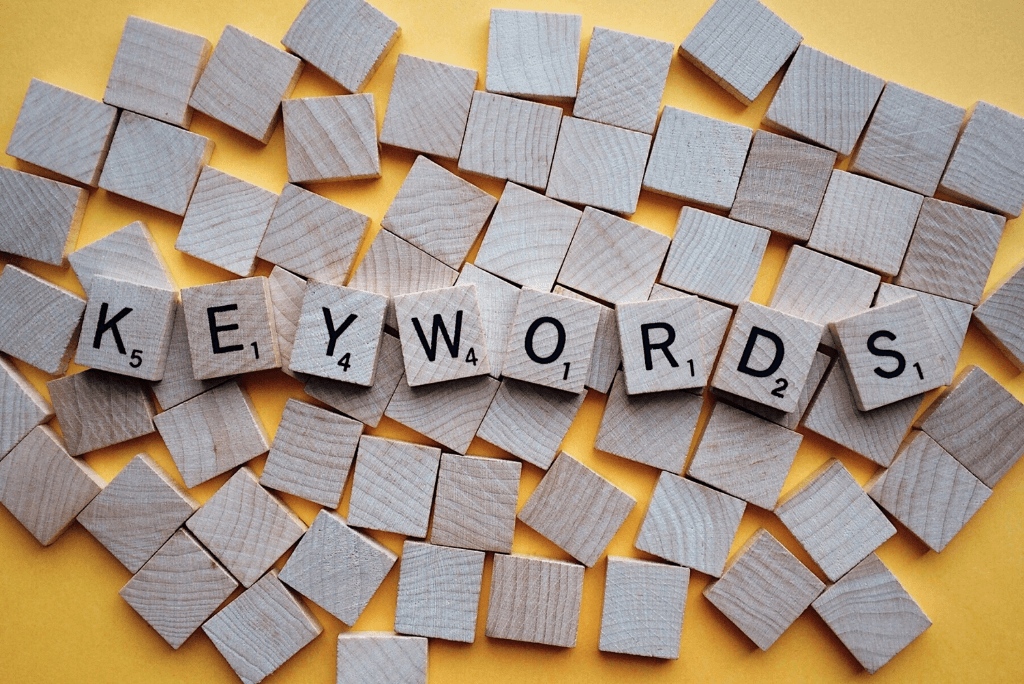
Analysis of the Return on Investment (ROI) of SEO and PPC
The ROI of SEO and PPC can vary depending on the specific goals and resources of a business. SEO can provide a high ROI over time, as it can lead to a significant increase in organic traffic and leads or sales. However, it can take several months or even years to see significant results, and the ROI can be hard to measure.
PPC can provide a high ROI in a short period of time by driving immediate traffic, leads, or sales. However, the ROI can be affected by the cost of the ad spend, which can be high for businesses in competitive industries. It is also important to note that PPC requires constant monitoring and optimization to achieve the best results and get the best ROI.

Tips and Best Practices for Implementing SEO or PPC Campaigns
When it comes to implementing SEO or PPC campaigns, there are several tips and best practices that businesses should follow to achieve the best results.
For SEO, businesses should focus on creating high-quality, informative content that is relevant to their target audience. They should also focus on building high-quality backlinks to their website, optimizing it for mobile devices, and other technical SEO factors.
For PPC, businesses should focus on carefully selecting the keywords they want to target, setting a budget and bid for those keywords, and creating high-quality ads that are relevant to their target audience. They should also focus on monitoring and optimizing their campaigns to achieve the best results.

Why Use a Digital Agency for Your SEO or PPC?
Working with a digital agency like Dreamtech Digital Agency can be beneficial for businesses looking to implement SEO or PPC campaigns. A digital agency can provide expert guidance and support in the following areas:
- Keyword research and targeting: A digital agency can conduct thorough research to identify the best keywords to target for your business, which can help increase your visibility in search results.
- Campaign management: A digital agency can manage and optimize your SEO or PPC campaigns to achieve the best results. It includes monitoring the performance of your campaigns, making adjustments as needed, and providing regular reporting on your ROI.
- Content creation: A digital agency can create high-quality content that is optimized for SEO and PPC, which can help drive more website traffic and leads/sales.
- Technical SEO: A digital agency can help optimize your website for technical SEO factors, such as mobile optimization and website speed, which can help improve your visibility in search results.
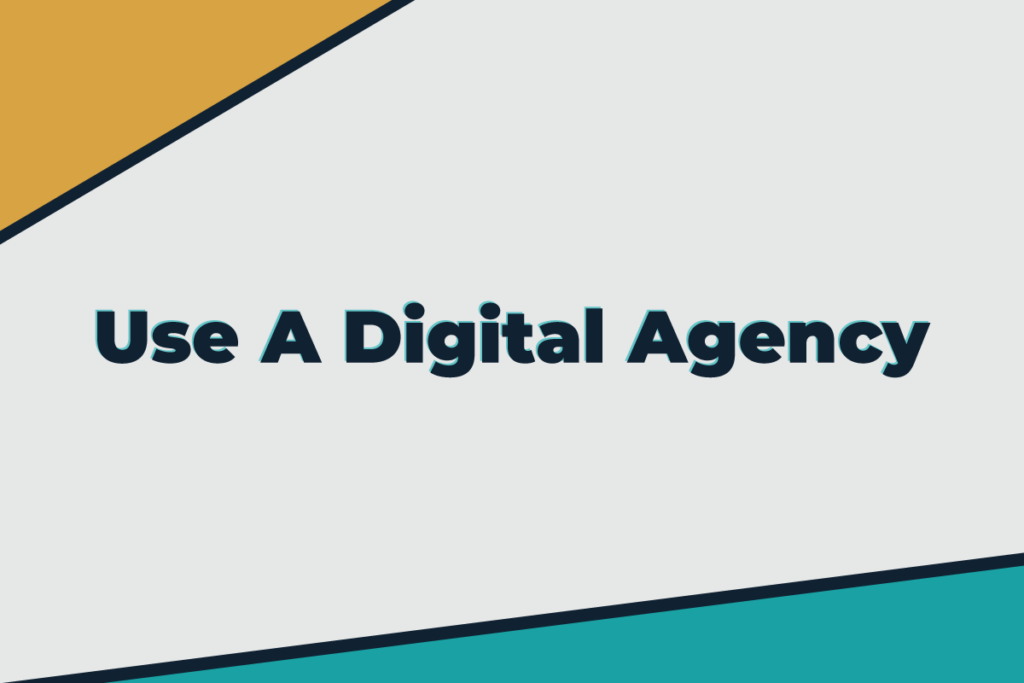
In conclusion, SEO and PPC are effective strategies for increasing visibility and driving website traffic, leads, and sales. However, the appropriate strategy for a business will depend on its specific goals, budget, and industry.
By conducting thorough keyword research and targeting and working with a digital agency like Dreamtech Digital Agency, businesses can achieve the best results from their SEO and PPC campaigns.
If you are interested in learning more about how SEO or PPC can benefit your business, or if you are ready to take the next step in implementing an SEO or PPC campaign, book a call with one of Dreamtech Digital Agency’s SEO or PPC specialists today. Our team of experts can provide you with a comprehensive analysis of your current online presence and help you develop a strategy that will drive the results you are looking for. Don’t wait; book your call now and start seeing results for your business!








